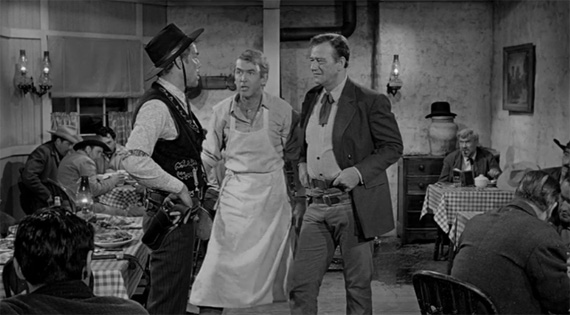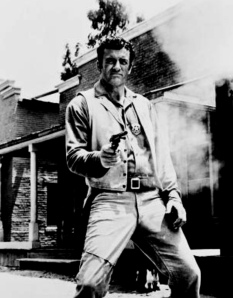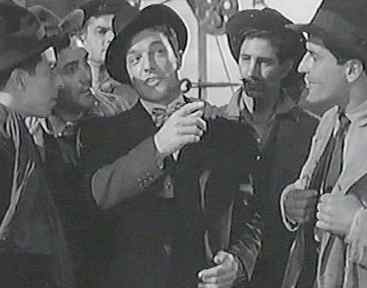This item is produced (from a draft six weeks old) from the point of view of New Zealand with local circumstances in mind. Somehow, I’m sure, people in a couple of hundred other countries will be able to relate to it… The wonders of technological and economic progress.
 Yesterday I and an elderly friend enquired about how to get a Total Mobility Card, available to over-65s and the infirm allowing them to access taxi transport for half price. We started at his g.p. — Neither he or his receptionist knew of this arcane service that is supposed to be universal across the nation and severely affects the wellbeing of old people, but she took the trouble to phone a cab company and was told the cards were issued by the Auckland Council, and sent us there to pick up an application form. On calling at the council offices — John, aged 85, stayed in the car by necessity — while I, venturing inside, was told whom we should contact was called Auckland Transport… no luck there, so back to square one. That’s really what the difference is in these situations — whether you stumble on someone, eventually, who is willing and able to help. It used to be that, whether he gave a damn or not, a public servant would be helpful through the sheer amount of knowledge he held in his brain after years of experience in the same job or making his way (slowly) up the ladder based on long experience. This is what we call the “infrastructure” that made a society socially beneficial for its members. It was Margaret Thatcher — that despot who deformed her own country by reinforcing the class system with a vengeance — — and now celebrated as someone worth remembering via Meryl Streep — who proudly proclaimed that “There is no such thing as society.”
Yesterday I and an elderly friend enquired about how to get a Total Mobility Card, available to over-65s and the infirm allowing them to access taxi transport for half price. We started at his g.p. — Neither he or his receptionist knew of this arcane service that is supposed to be universal across the nation and severely affects the wellbeing of old people, but she took the trouble to phone a cab company and was told the cards were issued by the Auckland Council, and sent us there to pick up an application form. On calling at the council offices — John, aged 85, stayed in the car by necessity — while I, venturing inside, was told whom we should contact was called Auckland Transport… no luck there, so back to square one. That’s really what the difference is in these situations — whether you stumble on someone, eventually, who is willing and able to help. It used to be that, whether he gave a damn or not, a public servant would be helpful through the sheer amount of knowledge he held in his brain after years of experience in the same job or making his way (slowly) up the ladder based on long experience. This is what we call the “infrastructure” that made a society socially beneficial for its members. It was Margaret Thatcher — that despot who deformed her own country by reinforcing the class system with a vengeance — — and now celebrated as someone worth remembering via Meryl Streep — who proudly proclaimed that “There is no such thing as society.”
I couldn’t help reflecting on a time up to thirty years ago (now, as I count them) when I worked in a government department and there was more than a smattering, a large core, of staff who knew every rule and every skerrick of policy that could help a client; only they weren’t clients then, they were fellow members of the public with not even a counter separating us from them, and entitled to every resource at hand coming to them as of right as a citizen or permanent resident. The local post office — long gone everywhere around the country to the point of dismantling villages and hamlets now barely a memory — would have someone who knew where to get anything, how to help anyone or put you in direct touch with someone who could. This was called “institutional knowledge” and was held in a place of regard and some considerable importance at the time. It was the thing that would keep essential infrastructure in a society going after the nuclear holocaust had blown over and the cockroaches and Law of the Jungle were about to take over.
Now, in an era when every public asset has been privatized or corporatized, boards of governors play musical chairs from one corporation to the next — their feet never getting wet, never mind muddied by mixing with us ordinary folks — managers are “head hunted” for their ruthlessness with staff in treating them like dispensible cogs more of nuisance value than any importance. And the institutional knowledge held by societies across the globe seems to amount to automated self-service (Whatever happened to exalted “customer service”?), a one-size-fits-all approach to products, and a nice smile interchangeable across MacDonald’s, Burger King, the local pharmacy to the doctor’s surgery to our universities — and amounts to “Do you want fries with that?” In other words, not How can we help you in a meaningful way, but how can we upsize your order to collect more money for our shareholders?: and this coming from servants who are employed at the sufferance of owners and managers who can strip their weekly hours and routinely reduce them to try to eke out an existence for them and their family on less-than-living wages.
New Zealand has been headed this way since the mid 1970s under a big-business-minded conservative National Party government through its nine-year term, and was accelerated by stealth on the election of the trumpeted Third Labour Government — actually a lot like a Fifth Column of neoliberals. While the Nats invented institutionalized, permanent unemployment in this country that had previously had none — into the tens of thousands within a year and then upwards of a hundred thousand still in its first term (equivalent to seven million in the United States) — this new Labour Parliament was anything but labor, made up of lawyers, accountants and other businessmen eager to impress their cronies of the so-called Business Round Table, a coterie of laissez-faire capitalists and big investors dead set on a silent coup. First to go was the power of the unions, membership made noncompulsory and close to impotent.
And now the prospective next government, led by a hopeful Labour Party, refuses to even threaten that public assets still being sold into the hands of politicians’ cronies — privatised for the privileged and subsidised to the tune of $hundreds of millions by us taxpayers — will be taken back into public hands as soon as they are elected. I can see a time when, around the world, our only alternative future will resemble more Bastille Day 1789 than the futuristic Utopia every thinking person once hoped for. What a pity for the world, but just a fact of life, that the greedy and most powerful among us always seem to be the last to learn from history.






















 Aside from the usual wartime flagwavers Hollywood came out with detailing the atrocities against “our boys” in the Pacific and other spheres, that stoked the home fires of those back home, the studios did their best on behalf of China, the Philippines and other allies to get the message out about foreign struggles for independence against the ruthless jackboots of the Axis Powers.
Aside from the usual wartime flagwavers Hollywood came out with detailing the atrocities against “our boys” in the Pacific and other spheres, that stoked the home fires of those back home, the studios did their best on behalf of China, the Philippines and other allies to get the message out about foreign struggles for independence against the ruthless jackboots of the Axis Powers.



 Corporate salaries here are not what they are in the US — the top CEO (at Telecom) gets about $3 million a year in salary and bonuses. The thing is they get their bonuses, and huge severance bonus even if they’ve done a shitty job — like the CEO who departed last year with about a $2 million golden handshake.
Corporate salaries here are not what they are in the US — the top CEO (at Telecom) gets about $3 million a year in salary and bonuses. The thing is they get their bonuses, and huge severance bonus even if they’ve done a shitty job — like the CEO who departed last year with about a $2 million golden handshake.
